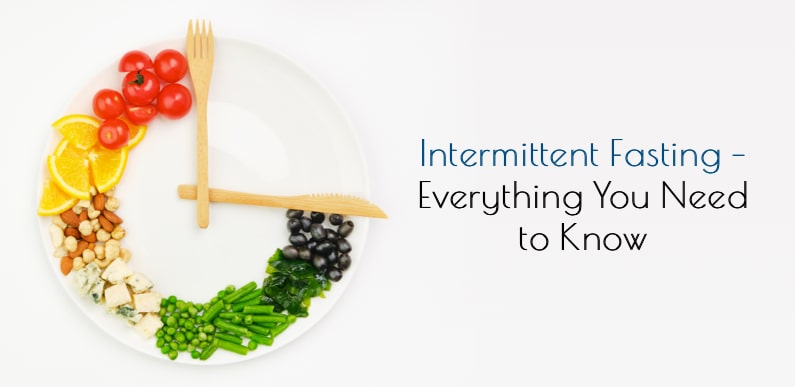To many, calories are the boogeyman. They come in the middle of the night in the form of ice cream and make your belts tighter. They are evil and you should avoid them at all costs!
This is far from the truth. In fact, calories are nothing to be afraid of. They are in everything that we eat and drink. The more you know about them, the less scary they become.
What are calories?
You can think of calories as a unit of measurement. What does it measure? Energy! A calorie is how much heat is needed to raise 1 kg of water from 0 to 1 degree Celsius.
Calories aren’t exclusively used to measure the energy in food. In fact, calories are too small of a unit. We actually measure what we eat in kilocalories.
Each calorie you see on the nutrition label is actually a kilocalorie — 1,000 of these smaller calories. Pretty much everything you consume has some kind of calorie content.
Different macronutrients contain different amounts of calories. One gram of protein or carbohydrates contains 4 calories, while one gram of fat contains 9 calories.
How many do you need?
Your body is constantly burning calories to function, even when you’re asleep! In order for your body to function, it needs a certain number of calories.
How many calories you need depends on a variety of factors. Everybody has different needs based on their height, weight, age, activity level, genetics, and other things.
According to the Dietary Guidelines for Americans (a guide released by the Departments of Agriculture and Health and Human Services), 2,000 calories per day is the standard for Americans.
However, depending on who you are, you likely need more or less than 2,000 calories. To assess your calorie needs more accurately, schedule an InBody scan at FNS Training Center or use an online Total Daily Energy Expenditure (TDEE) calculator.
How do you change your weight?
This is the question most people have when they ask about calories. How can I make calories work for me?
Basically, if you want to lose weight, you have to eat less calories than you burn. This is called a calorie deficit. Similarly, if you want to gain weight, you have to eat more than you lose – a calorie surplus.
In general, cutting 500 calories out of your daily calorie intake will result in 1 lost pound per week. This is a good way to sustainably lose weight. If you add 500, you will gain one pound.
A problem many people have with weight loss or gain is cutting or adding too many calories at once. Diets with 1000+ calorie deficits/surpluses are likely to be unsustainable and unhealthy. If you want to keep your weight off, start with 500 calories per day.
For more Nutrition-related blogs, click here.






